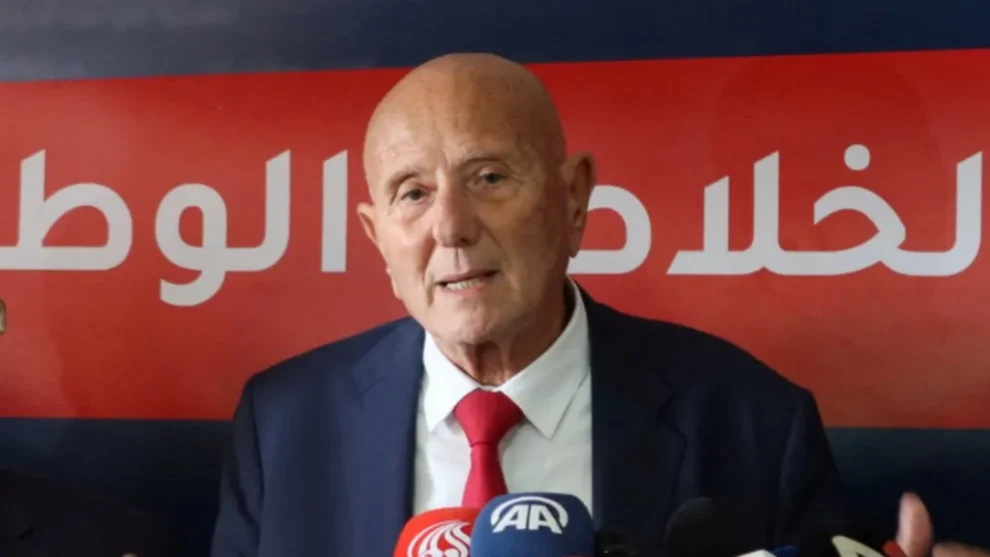A court in Tunisia has handed down lengthy prison sentences to a group of prominent politicians, businessmen, and lawyers on charges of conspiracy and terrorism, in a trial that has been condemned by human rights groups as an attempt to suppress dissent.
The defendants received sentences of up to 66 years, including leaders of the National Salvation Front, the main opposition coalition, who were arrested last year. Defence lawyers have described the proceedings as a “farce.”
President Kais Saied, who suspended parliament after his election in 2019, consolidated his power last year with a landslide victory in a second presidential term. His tenure has been marked by the jailing of dissidents and potential rivals.
In this latest case, a total of 40 individuals were accused of “conspiracy against state security” and “belonging to a terrorist group.” The majority of the defendants had left the country and were tried in absentia.
Among those detained and sentenced are key figures from the National Salvation Front, Issam Chebbi and Jawhar Ben Mbarek, who each received 18-year prison terms, according to a defence lawyer speaking to the AFP news agency following the ruling late on Friday.
Activist and businessman Kamel Eltaief was handed a significantly longer sentence of 66 years, the lawyer added.
Kamel Jendoubi, a former minister who was tried in absentia, told AFP that the ruling was not a judicial decision but a “political decree executed by judges under orders.”
Another defence lawyer, Ahmed Souab, was quoted by Reuters as saying, “I have never witnessed a trial like this. It’s a farce.”
Tunisia holds symbolic significance as the country where the wave of pro-democracy protests known as the Arab Spring began in late 2010, leading to the ousting of long-time strongman Zine El Abidine Ben Ali within weeks. Last year’s election was the third presidential vote in Tunisia since that pivotal period.
However, rights group Amnesty International has denounced what it calls “a worrying decline in fundamental rights” under President Saied’s government, as discontent grows over his increasingly authoritarian style of governance.
President Saied has consistently rejected such criticism, asserting that he is fighting against a “corrupt elite” and “traitors” within the country.





Add Comment